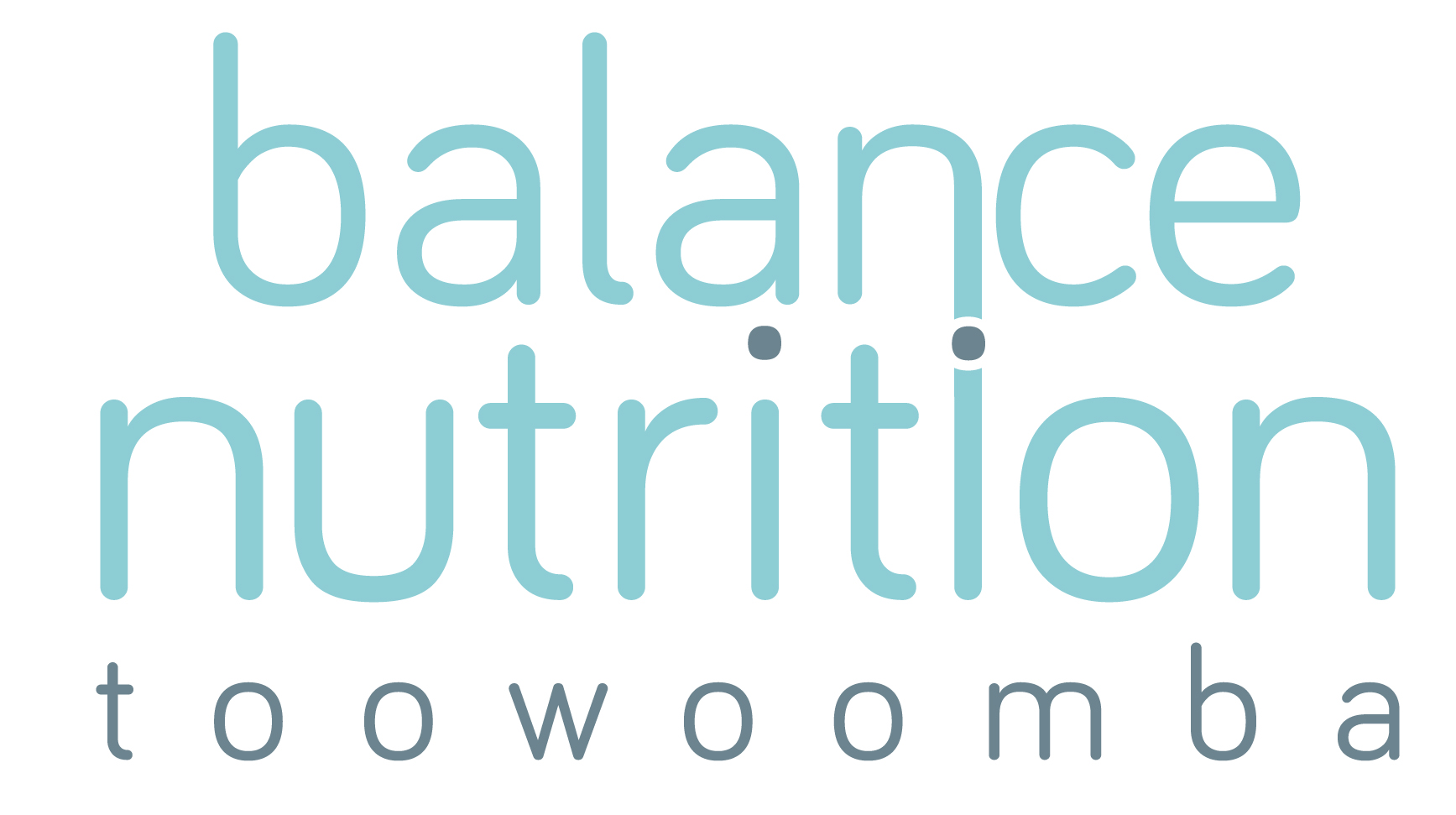Five Ways to Improve your Gut Health for Endometriosis
Good gut health can help you manage your endo, just as poor gut health can make you endo more inflamed and feel a lot worse. Here are my top tips for improving your gut health.
1. Feast on Fibre
Eating enough fibre not only helps to keep you feeling satisfied after meals, keeps you regular and protects and strengthens the mucus lining your gut, but also may help to reduce estrogen levels causing inflammation associated with endometriosis. Fibre binds estrogen in the digestive tract, preventing it from being reabsorbed by the body and recycled into your system. Research indicates that women who suffer from constipation have higher levels of estrogen compared to those women who visit the bathroom more regularly! Fibre can be found in whole host of plant based foods, including fruit, vegetables, wholegrains, legumes, nuts and seeds. You need at least 25g of fibre per day, and a mix of fibre from different food groups is best. If your diet is low in fibre, increase high fibre foods gradually so your body adjusts to the higher load.
Easy ways to increase your fibre include adding a tablespoon of psyllium to your smoothie, a sprinkle of chia to your muesli, topping your salads with a few seeds or munching on a handful of nuts as a quick snack. Where could you add an extra boost of fibre to your day?
2. Stay Well Hydrated
Water is important for gut health as without it, fibre cannot do its job. Fibre absorbs water, adding bulk to your stools and making it easier to efficiently evacuate your bowels. Increasing your fibre without increasing your water intake can result in constipation, which can be uncomfortable and cause additional abdo pain and discomfort on top of your endo symptoms. Water recommendations can seem vague, but generally you should aim for 6-8 glasses per day. If it is hot or you are doing lots of exercise, you may need more. How do you know if you are well hydrated? Your urine should be a pale straw colour.
3. Move More
Exercise can help your digestion as abdominal movement from exercise encourages your digestive system to rhythmically contract and continue to push its contents towards the exit. This is going to help keep you regular and prevent constipation, plus even small amounts of exercise can help reduce inflammation, increase happy hormones and improve mood. The aim is for at least 150 minutes per week – you can break this down into smaller 20 minutes blocks each day, or a 30 minute block five days per week. How many minutes of exercise do you average per week?
4. Eat your Greens
All vegetables are great, but cruciferous vegetables are known to have high levels of antioxidants and phytonutrients that may help reduce inflammation. Not only that, but a high intake of cruciferous vegetables has been linked to lower estrogen levels. Cruciferous vegetables include broccoli, cauliflower, kale, cabbage, Brussels sprouts, bok choy, watercress and rocket. An easy rule to top up your veggie intake is to aim for salad and/or veggies to make up 50% of your lunch and dinner meals each day. Look to include bonus extra serves in with your morning omelette or smoothie, or add some crunchy raw veggie sticks with your snacks.
5. Build Up Beneficial Bacteria
Your gut microbiome (the huge population of bacteria living in our digestive system) has a massive impact on your health. Your microbiome breaks down fibres to create inflammatory fighting compounds, strengthens your immune system and regulates your overall digestion. We can help to maintain this population by regularly eating probiotic containing foods – fermented foods that contain strains of these beneficial bacteria.
Probiotic foods include yoghurt and kefir, as well as tempeh, sauerkraut, kimchi and miso. Fresh is best, as some products have been pasteurised (heated) before hitting the shelves to prevent bad bacteria growing, which also wipes out the good stuff! Look for labels that include ‘starter culture’, ‘live cultures’ or list the probiotic strains it contains. A word of warning – research is lacking for kombucha, and most commercially available kombuchas do not contain significant probiotic numbers and do contain a small amount of alcohol.
If you would like personalised advice regarding gut health, you can book an appointment with Toowoomba dietitian Leah. Appointments are available face to face or via Skype or Zoom.
